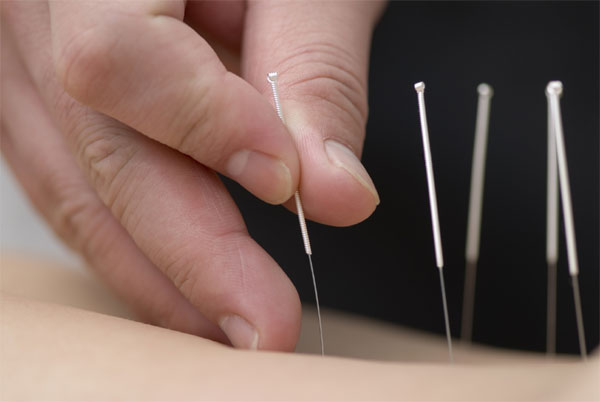 My sister is a doctor and like me, she grew up in the United States, speaks primarily English, went to a prominent medical school, and today is part of a private practice. On the other hand my mom was an immigrant, grew up in Taiwan, and moved to the United States with a baby in each hand, barely speaking English. If there was one thing my sister and my mother always clashed upon, it was the difference between Western and Eastern medicine. My sister, having been trained in medicine in the US, is very clinical. She deals in absolutes and what can or can’t be proven. My mother, though, was very superstitious and practiced cultural traditions and beliefs.
My sister is a doctor and like me, she grew up in the United States, speaks primarily English, went to a prominent medical school, and today is part of a private practice. On the other hand my mom was an immigrant, grew up in Taiwan, and moved to the United States with a baby in each hand, barely speaking English. If there was one thing my sister and my mother always clashed upon, it was the difference between Western and Eastern medicine. My sister, having been trained in medicine in the US, is very clinical. She deals in absolutes and what can or can’t be proven. My mother, though, was very superstitious and practiced cultural traditions and beliefs.
When I was diagnosed with a herniated disk in my lower back, my doctor told us I had no choice but to undergo surgery to fuse my vertebrae. In her usual clinical way, my sister agreed it was the best way to go but I wasn’t so sure and neither was my mother. The success rate of the surgery in eliminating sciatica and lower back pain was only about 50%. So at my mom’s insistence, we put off the surgery and investigated alternative treatments, specifically acupuncture which was at the top of the list for my mom. I chose other treatments as well including traction, massage, and stretching and exercise.
My own mother was treated for carpal tunnel, as well as general pain from metastatic breast cancer using acupuncture, and lived by her acupuncture treatments. While medical purists like my sister give little credence to acupuncture, there’s still a growing movement to find out why so many people believe in the efficacy fo acupuncture, and they’re using science to see if it’s just a placebo effect or if there really is something to acupuncture.
According to a recent Wall Street Journal article on science and acupuncture, there’s no doubt that the placebo effect is strong with acupuncture. The question remains as to whether there’s any other benefit besides the placebo effect. Studies which used “fake” acupuncture resulted in as much benefit as real acupuncture provided in terms of relief from pain.
But there are other studies that show there’s some benefit over the placebo effect, that the benefits of acupuncture exceed those of “fake” acupuncture. But not enough studies to be conclusive, nor enough to convince the skeptical, like my sister.
For me acupuncture was a better alternative, than a surgery that only had a 50% success rate. Combined with the other treatments I followed, I eliminated the sciatica and have my lower back pain managed to a tolerable level. So it worked for me, and I’d recommend it if you’re looking for an alternative to what your Western doctor tells you.
- Excited
- Fascinated
- Amused
- Disgusted
- Sad
- Angry








